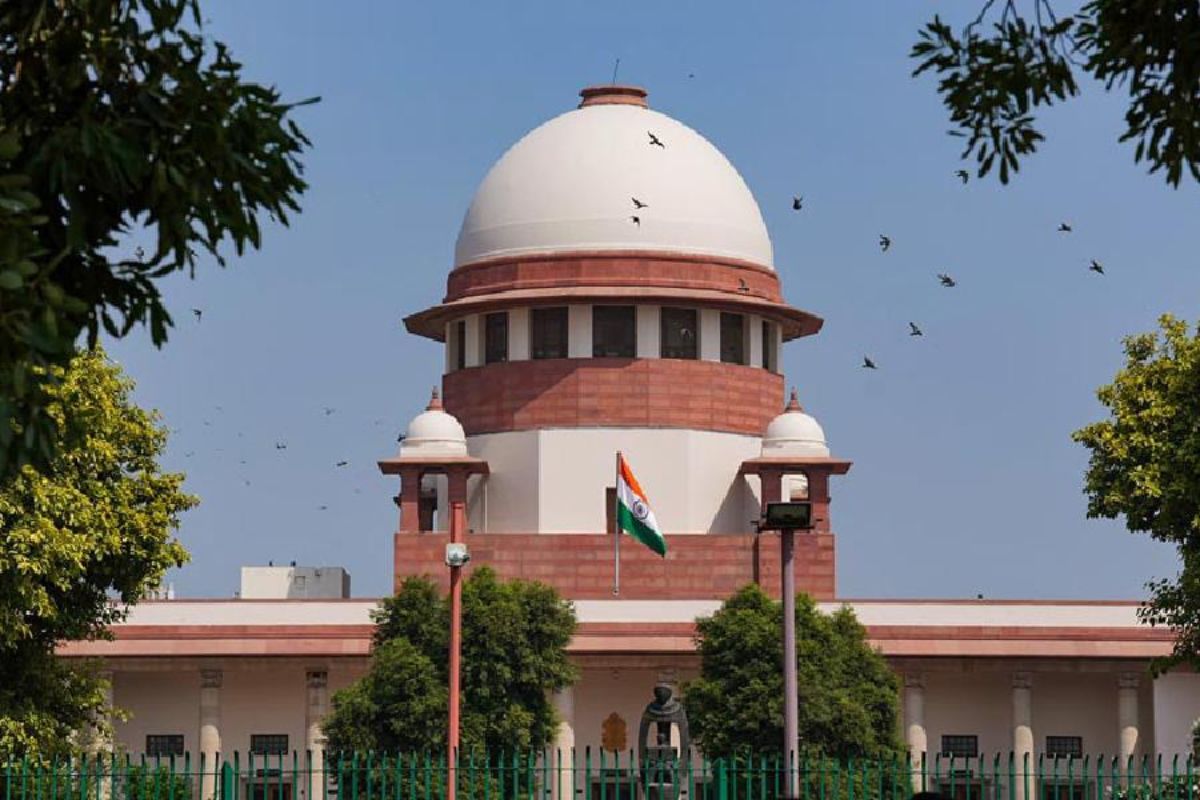The Supreme Court on Wednesday issued a notice to the Central and 11 state governments on a plea seeking to curb caste-based discrimination in prisons and the manual work being allocated to them based on their caste hierarchy and some de-notified tribes being categorised as habitual offenders.
Describing it as a serious issue, a bench of Chief Justice D Y Chandrachud, Justice J B Pardiwala and Justice Manoj Misra asked the Solicitor General Tushar Mehta to assist the court in hearing of the matter.
Advertisement
As CJI Chandrachud told the Solicitor General that this is a very important issue, Mehta said “this cannot be accepted” and he will look into the issue.
Solicitor General Mehta, who was present in the court when the matter was called, described the situation as impermissible. He said he knows where prisoners are classified on the basis of being convicts, undertrials or those involved in serious crimes but not the caste-based discrimination.
The court issued the notice to the Centre, Academy of Prisons and Correctional Administration, Uttar Pradesh, West Bengal, Madhya Pradesh, Andhra Pradesh, Telangana, Punjab, Odisha, Jharkhand, Kerala, Tamil Nadu, and Maharashtra.
Senior advocate S. Murlidhar, appearing for journalist Sukanya Shantha, told the bench that there are cases where Dalits are lodged in separate prison and those from other castes in a different area. He told the bench that “Such caste-based discrimination is there from the time one steps into the prison.”
The petitioner journalist has challenged various provisions of the Prison Manuals and Rules being violative of the fundamental rights under the Article 14, 15, 17, and 23 of the Constitution of India.
The petitioner scribe has sought issuance of specific guidelines or directions to curb caste – based division of labour in the various State prison manuals.
“If we look at the demographic composition of the prison population in India, it is revealed that there is over- representation of the marginalised sections of society in Indian prisons. As these communities are unable to access legal aid, their time in prison is prolonged. When at the prison, they face a cruel and unequal administration tracing its origins to a colonial hangover,” the plea added.
It sought direction to repeal all provisions in the prison manuals and rules that either segregate or discriminate prisoners or the work assigned to them on the basis of their caste, or belonging to de-notified tribes or their being categorised as ‘habitual offenders’ and bring such manuals and Rules in conformity with the provisions of the Constitution of India.
“Direct all the Respondents to undertake strong action to prevent the persistence of forced caste-based labour and segregation in prisons,” the plea sought.
It further sought direction for States to take steps to ensure proactive disclosure of prison manuals, through greater digitisation of the State prison manual on the website of respective Home departments, and to undertake regular printing of prison manuals to be readily available.











